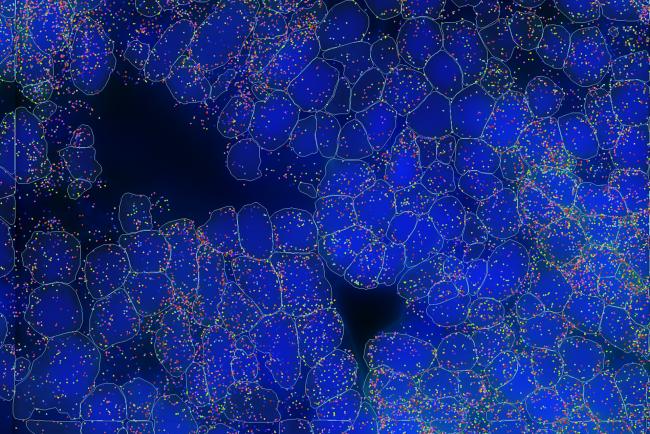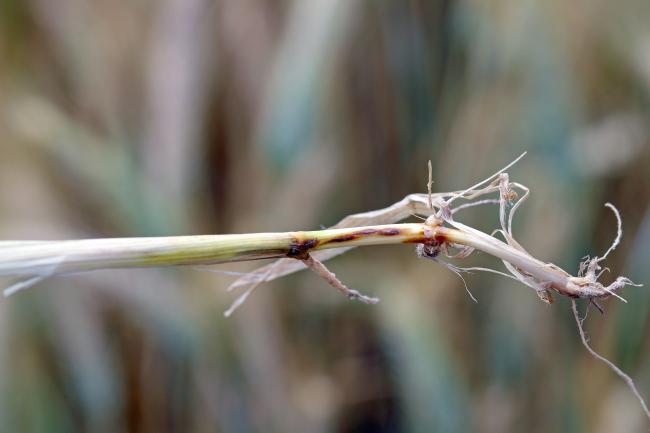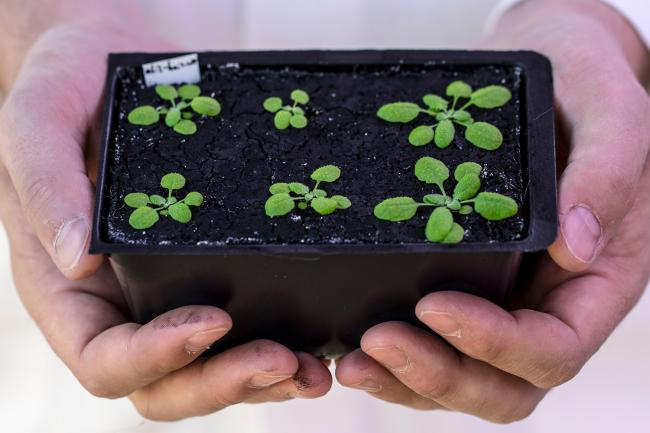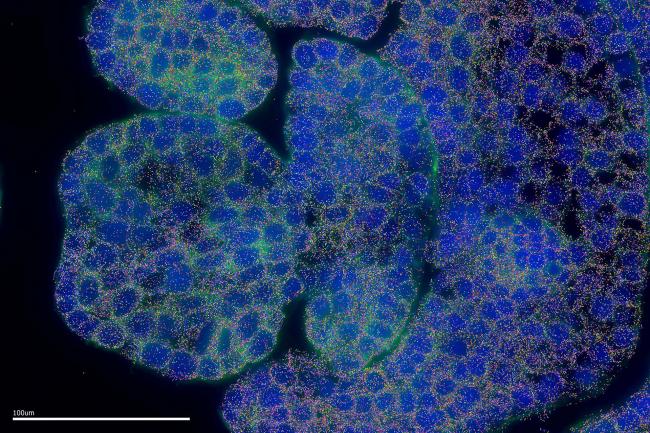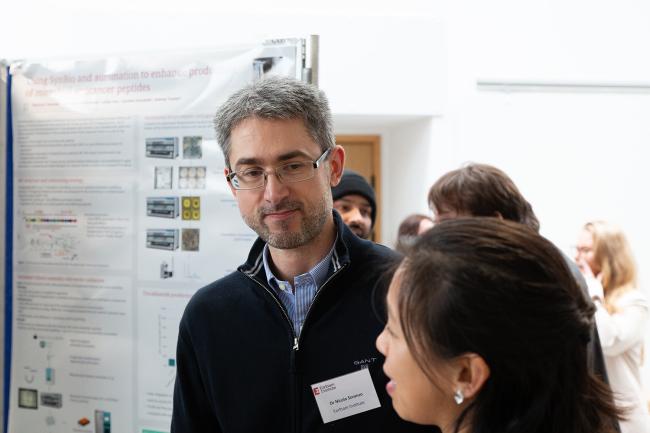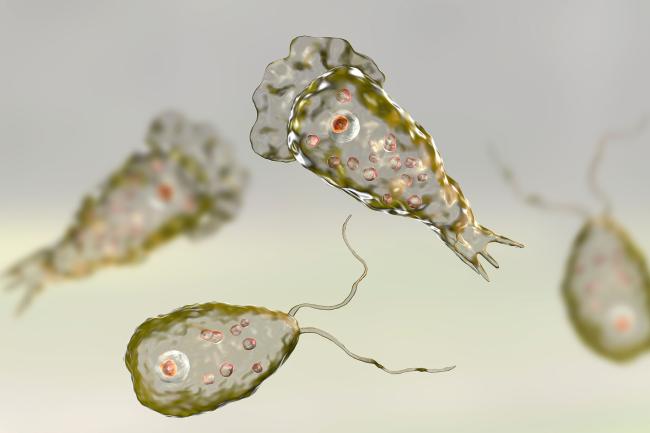Biography
Anthony is the head of Plant Genomics. He moved from the University of Liverpool where he held the Holbrook Gaskell Chair of Botany at the University of Liverpool. He was research lead for the Institute of Integrative Biology. Was director at the Centre for Genomic Research (CGR) and academic lead of the Liverpool GeneMill (£3.8M investment).
His plant genomics group started in 2009, and has focused on using and developing next generation genetic approaches to address key questions in plant science. In 2010 he was awarded a senior BBSRC research fellowship entitled “Developing Next Generation Genetic Tools for Wheat”. To date he has played a leading role in generating the first draft wheat genome (Brenchley et al, Nature 2012) and epigenome (Gardiner et al. Genome Biology 2015). He led an international consortium to develop a wheat exome capture and re-sequencing platform in collaboration with NimbleGen (Winfield et al. 2012, Allen et al. 2011, Jordan et al. 2015). His group have developed novel strategies for the identification of EMS induced point mutations in Arabidopsis using high throughput sequencing (Ashelford et al. 2011) and extended these to wheat (Gardiner et al. 2014, Gardiner et al. 2016). He currently leads three international wheat genomics and epigenetic program grants in collaboration with India, Mexico, Australia, USA and Germany.
He received his PhD from the University of Leicester in 1997 from the Botany Department and has worked as an Arabidopsis molecular geneticist for 18 years, focusing on the field of plant circadian biology. He had a postdoc with Professor Andrew Millar at the University of Warwick for six years before joining the University of Liverpool as a PI in 2003. He was instrumental in the development of genetic and imaging/assaying technologies that his group now uses to dissect the circadian clock mechanism in Arabidopsis. His group's work has provided key insights into the molecular basis for temperature compensation of the Arabidopsis circadian oscillator (Gould et al. Plant Cell 2006), this has been expanded to include a first temperature compensated mathematical model of the clock, identifying an interaction between light and temperature in the control of period (Gould et al. 2012). He has also published work on the validation of a predicted three-loop feedback oscillator model in Arabidopsis (Locke et al. 2006). In collaboration with Dr Steve Penfield he published work demonstrating a role for clock genes in breaking seed dormancy (Penfield and Hall 2009) and with Maria Erikson the identification and characterisation of a new clock component using next generation sequencing to identify the mutation (Ashelford et al. 2011). He is currently lead of a BBSRC project in a collaboration with James Locke at the Sainsbury Laboratory Cambridge using an experiment and mathematical modelling approach to investigate the clock at the single cell level in a multicellular context.
AH was instrumental in setting up the GeneMill, the University of Liverpool DNA foundry and delivering pilot projects through the facility for a number of multinational and SME companies. He was lead PI on the Liverpool GeneMill (BB/M00094X/1); Co-I on a joint Edinburgh/Liverpool project “Phenotyping Platforms for Synthetic Biology” and Co-I on Next Generation DNA Synthesis (BB/M025624/1). He now plays a leadership role in the Plant and Microbial foundry.








